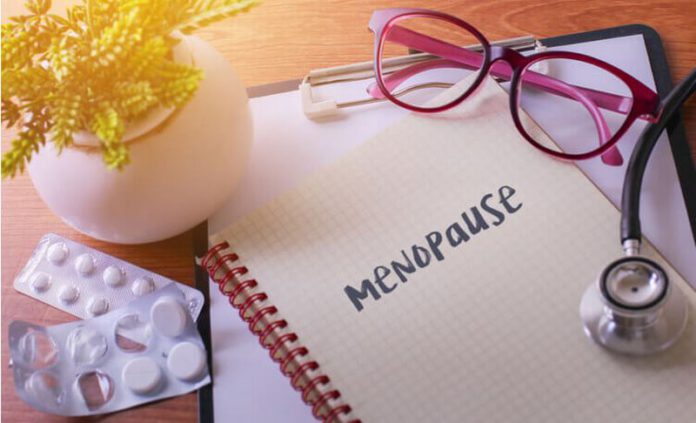More than ever before, women are living longer and feeling younger, but the fear of entering menopause and all the symptoms associated with it, or even simply being slowed down by middle age, can be emotionally crippling.
The good news is that although the stereotypes of the midlife/menopausal woman can be frightening, many realities are quite different.
Below, I’ve debunked five of the top concerns my patients have when it comes to aging and entering menopause. Hopefully, these are reassuring for you as well.
- In midlife, self-esteem does not always decline. In fact, studies find we tend to have more self-confidence as we get to know and accept ourselves1. We begin to look at the world through our own eyes instead of trying to look at ourselves through everyone else’s, and we focus more on what we want to do with our lives rather than what others say we should do with our lives.
- In midlife, depression is not more likely. Not only do we get better at letting go of negative feelings, a University of California study of more than 1,000 adults found we also get better at creating positive feelings and recalling positive memories2. Better decision-making similarly emerges as we age, and with less pressure to prove ourselves, stress begins to drop.
- In midlife, personal relationships are not more strained. Menopausal symptoms may be inconvenient and annoying, but my patients tell me they are not so irritable that they withdraw from their family and friends. Instead, they say they tend to interact more the older they get since they have more experiences, compassion, and insights to share.
- In midlife, our sex life is not over. Some surveys find that we become more accepting of our bodies during and after menopause, and so we are less inhibited and more adventurous. Also, foreplay often takes longer and is, therefore, more satisfying. In fact, some research finds that women in their 50s are more likely to have orgasms than women in their 20s3.
- In midlife, family-building options do not end. Although pregnancy rates tend to decline after the age of 35 for women using their own eggs, there are many assisted reproductive technologies available. For example, ovarian hyperstimulation with intrauterine insemination or in vitro fertilization (IVF) involves increasing ovarian responsiveness using gonadotropins and genetic testing to identify viable embryos. Even during menopause, receiving younger genetic material from an egg donor’s gene pool, instead of your own, can lead to a successful pregnancy4. Building a family may not mean pregnancy at all—adoption, of course, is another path to parenting.
Unfortunately, many well-meaning friends and family warn midlifers that they won’t have the patience or energy to enjoy a baby or toddler.
However, a recent poll of midlife men and women on parenting satisfaction found many have high levels of satisfaction and emotional fulfilment in their parenting roles5.
Here are my suggestions (they worked for me). Instead of dreading menopause or midlife, try redefining them as a time of changes, not losses. Instead of creating stress by reliving your younger past or pre-living the unknown future, stay in the present, where you have some control.
If you are struggling with your emotions, don’t assume your discomfort is unavoidable, and consider a medical check-up and psychological support. Finally, create moments of calm, relaxation, and fun, and your relationships, intimacy, mental health, and even sleep are likely to improve with every year.


